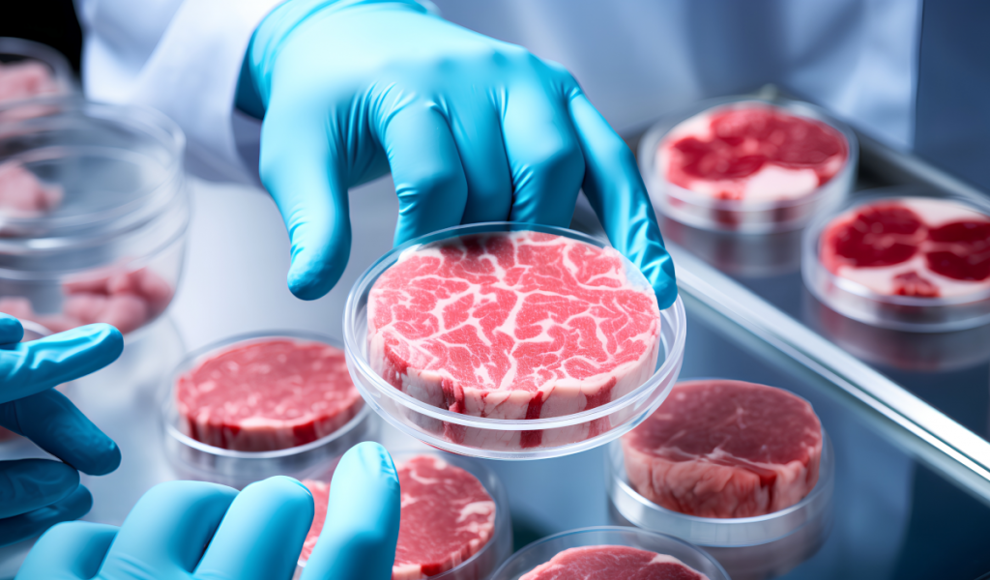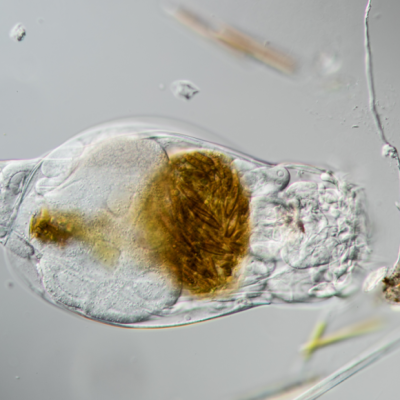Italy Bans Production and Sale of Lab-Grown Meat
Italy has become the first European country to ban the production and sale of lab-grown meat, also known as in-vitro meat or cultured meat. The ban was implemented after the Italian parliament passed a bill that had already been approved by the Senate. The decision has been met with criticism from animal welfare organizations and the opposition.
Lab-grown meat is produced using cell and tissue culture techniques from stem cells, without the need to slaughter animals. Singapore became the first country to allow the sale of lab-grown meat in 2022, and two companies in the US have also been granted permission to sell it. Although there is no commercial lab-grown meat in Germany, a study by the University of Osnabrück found that over 65% of Germans would be willing to try a lab-grown burger.
The Italian government, led by Prime Minister Giorgia Meloni, has defended the ban as a way to protect Italian tradition, products, and the health of Italians. However, critics argue that the decision is ideologically motivated and that it violates international and European law. Animal welfare organizations have also expressed disappointment, as lab-grown meat is considered more environmentally friendly and does not require the slaughter of animals.
Despite the controversy, the ban is unlikely to have a significant impact on the market, as there is currently no lab-grown meat available in Italy. Nevertheless, the decision sets a precedent for other European countries considering similar legislation.










